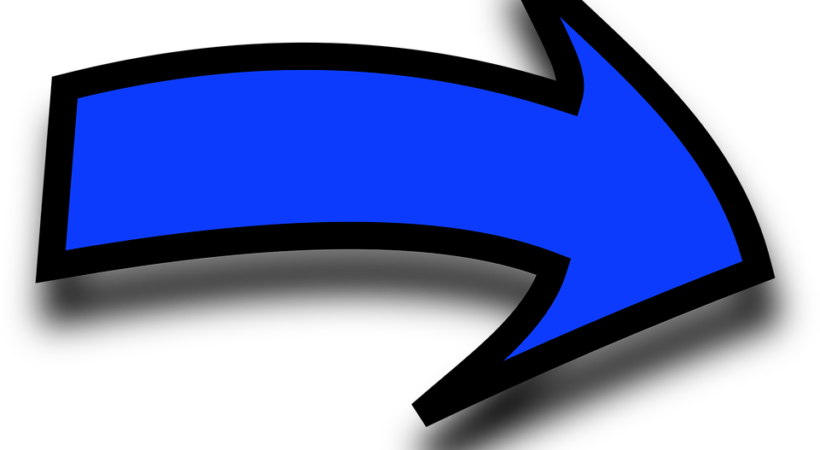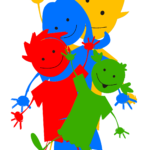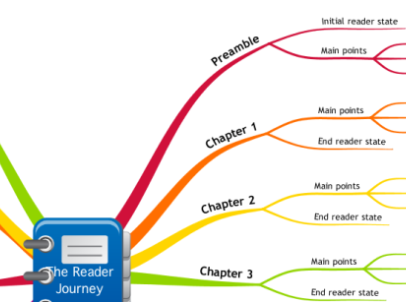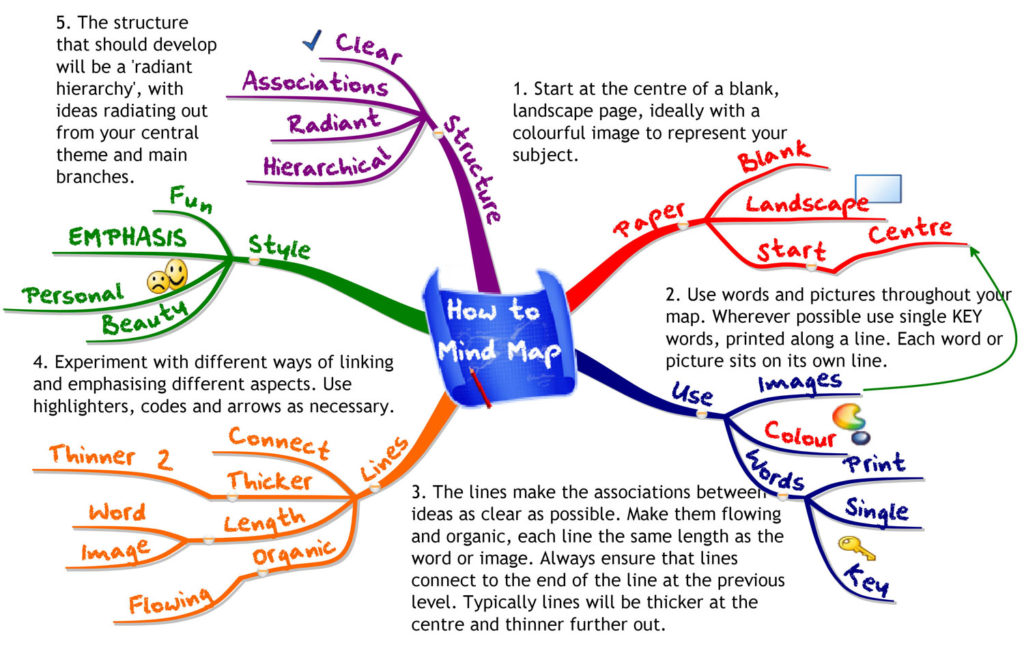Your business of writing will change. To help you as a writer, here are 5 tips centered around the fact change happens.
1. The Unknown Becomes Known
- You don’t know what you know until you know it– except…
- You discover what you like
- You discover what you don’t like
- You discover you have more talent for one kind of writing over another
- You understand the industry better
- You learn more about the business of writing
- Through experience and feedback you learn better of not only how to “level up” your writing but also of its quality
2. Your Circumstances Change
- You have more time to write
- You have less time to write
- You go through a trial that informs and shapes what you want to write
- You go through a trial that changes your physical or mental abilities
- You have one or more of life’s major stressors going on
3. Connections Change
- You learn how to engage with others in your field
- You learn how to find your readers
- You get to know one of your writing heroes
- You get in touch with others in the same writing boat, online or in-person
- You connect with others who train you to be a better writer — critique groups, podcasts, conference speakers, etc.
4. Market Changes
- The market changes for what you are writing, like cross-pollination
- You discover market demand for something else you’d like to write
- Demand surges for a particular format (audiobooks)
- Demand surges overseas for your market
- You learn in what market segments demand is growing for your writing
- You learn to that “marketing” isn’t a dirty word, the difference between publicity and marketing, and how much marketing depends on engaging with others
5. The Industry Shifts
- Major publishing houses condense further (or expand, but not likely)
- Independent bookstores rise in popularity
- Amazon totally changes their ebook strategy, and you flourish (or perish, depending)
- Different distribution channels appear or disappear in the industry for your supported formats (a channel allowing easy access to ebooks in libraries, for instance)
- Technology impacts drive production changes, or publication changes, or popular formats, or revenue models









